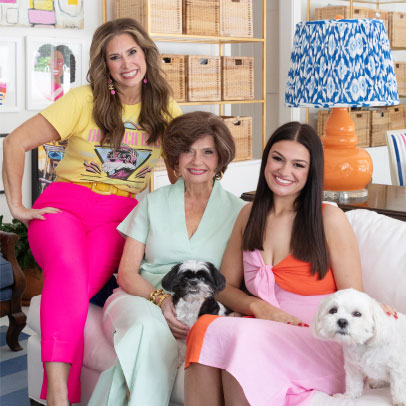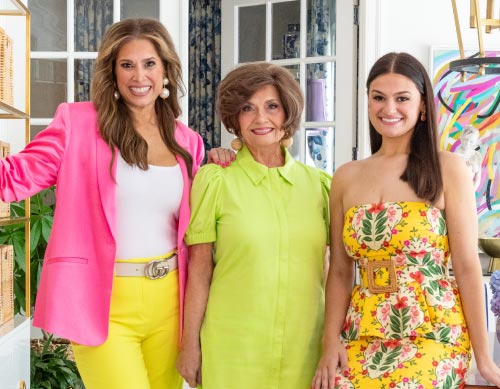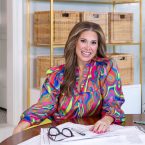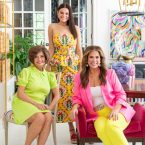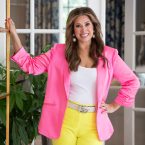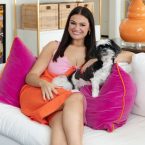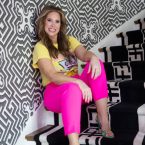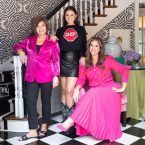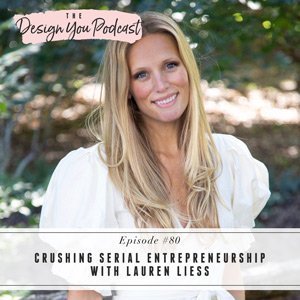
Friends, I’ve got an episode for you today that is going to get you so fired up and inspired to go after everything you’ve ever dreamt of. Lauren Liess is on the podcast to share her life and business story with us and you are going to absolutely love her.
Lauren and I have known of each other for quite a while, having started blogs at the same time and working in the same industry. She is a decorator and author, writes blogs where she shares bits of her life as a mother of five, and has an HGTV show with her husband, featuring designs and renovations of DC-area homes. She shares the highs and lows of being a serial entrepreneur, and some of the ins and outs of getting a book deal and having a TV show on a major network.
I need a serious kick in the butt after talking to her, and I know you’re going to dream bigger and want more than you ever thought was possible for you after listening to her too. Join us for an amazing conversation and I hope Lauren’s insights show you what it really takes to be a successful entrepreneur.
Come join us in The Design You Podcast community on Facebook! Guests on the podcast often come and join us in there for live Q&A sessions so if you want to pick Lauren’s brain, that’s the place to be!

